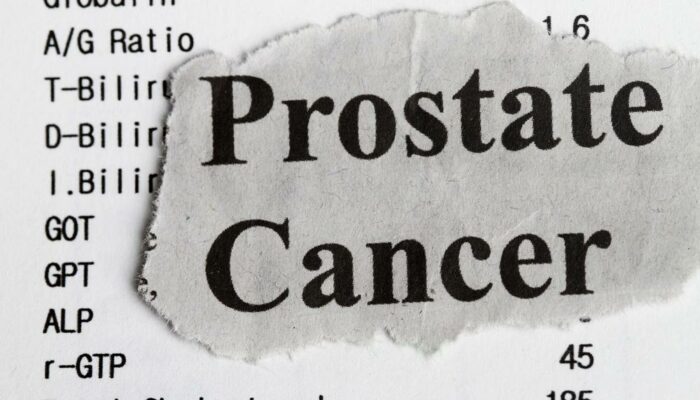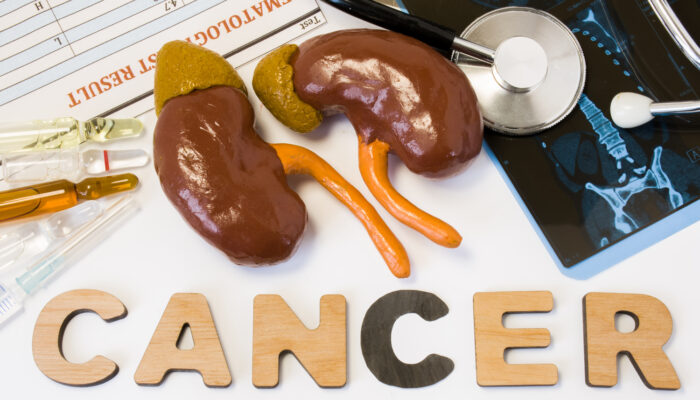
Effective Ways to Manage Attention Deficity Hyperactivity Disorder
According to ADDitude, magazine and resource for families and adults living with attention deficit hyperactivity disorder (or ADHD), approximately 11% of U.S. children are currently living with an ADHD diagnosis. However, 40% of these patients don’t receive the recommended treatment. In the adult population, ADHD is found in about 4%, with only 20% seeking treatment. The number of diagnosis grows each year, but the rate of management stays around the same.
There are many reasons that ADHD is undermanaged, however the main reason is that many patients and caregivers don’t know how to managing his disorder. Below is a list of all the most common ADHD treatments, for children and adults:
1. Stimulants
Over 41% of adult ADHD and 50% of child ADHD is considered so severe that it impedes daily function (i.e., school, work, and social life). Oftentimes medications (i.e., Desoxyn and Focalin) will be prescribed to stimulate the central nervous system and increase dopamine, a chemical in the brain that helps increase focus.
2. Non-stimulants
Like stimulants, these medications work by increasing a certain chemicals in your brain. Non-stimulants increase norepinephrine, that is thought to help with memory and attention. Non-stimulants are usually only used when other medications haven’t helped or have possibly resulted in negative side effects (i.e., increased blood pressure, seizures and suicidal thoughts).
3. Behavior therapy
Therapy is a more common treatment for children with ADHD, and is usually recommended before medication for those who aren’t as severe. Adults with ADHD are also referred to therapy, but not as often. There are several varieties of therapy to help with certain aspects of ADHD, but the most common is behavioral therapy, which offers coping mechanisms and suitable behaviors, especially for those in stressful environments. Together between therapist and parent, strategies will be reinforced to teach the child more appropriate behaviors to help socialize better with others and make better decisions in the future.
4. Support groups
Support groups are amazing for both patients or caregivers for those diagnosed with ADHD. These groups provide great resources for ideas and strategies to help those with ADHD cope, and also build relationship and support for patients, so they feel less alone.
5. Home and school interventions
Whether an adult or child, certain at home or school practices can greatly help ease ADHD symptoms. Parents can typically collaborate with the school to set up a helper or counselor for children who need a little extra help to succeed in school. At home practices can also certainly be a big help for helping someone manage ADHD, for instance by:
- Building a schedule and sticking to it everyday
- Keeping things organized and clearly labeled
- Using positive reinforcement



